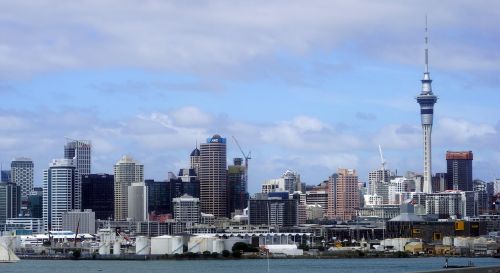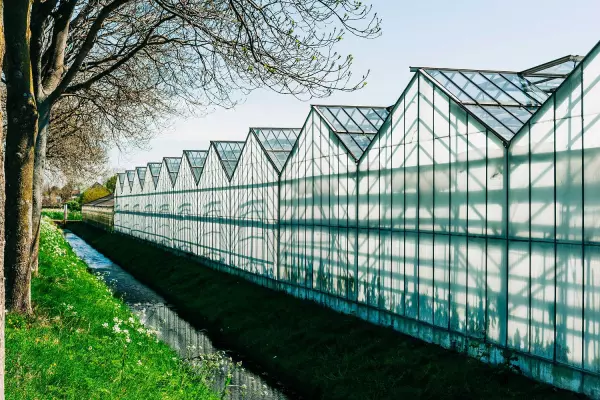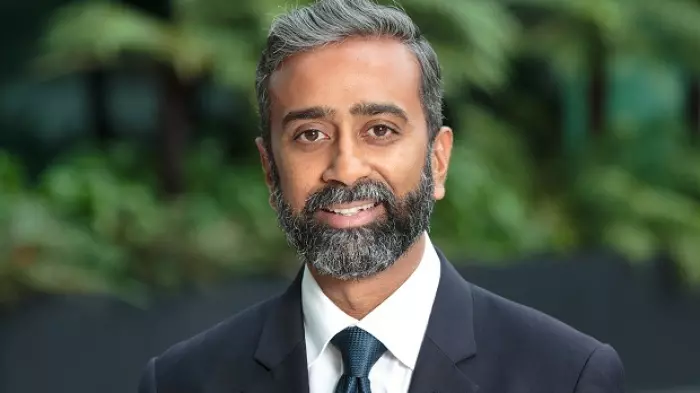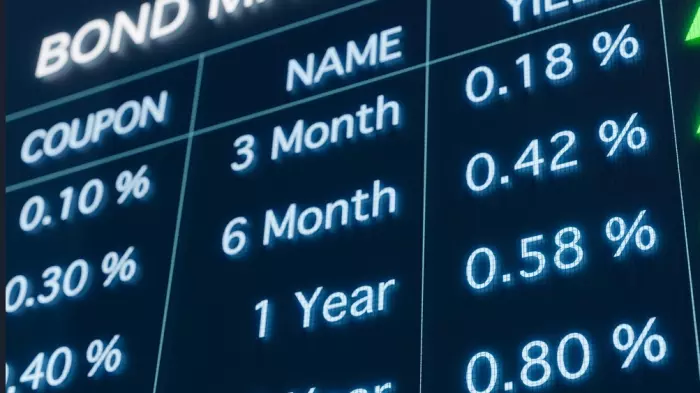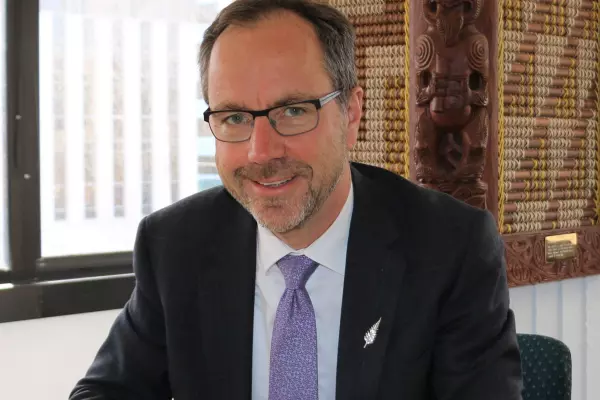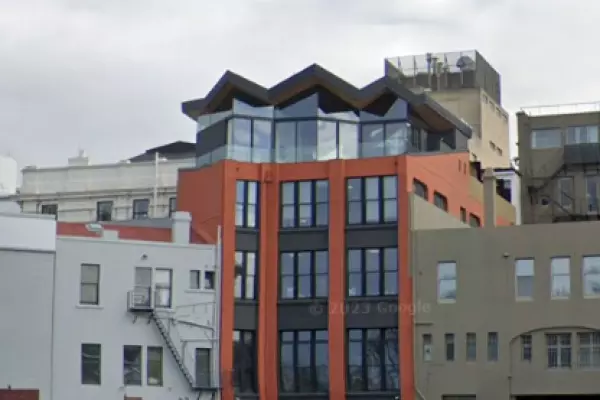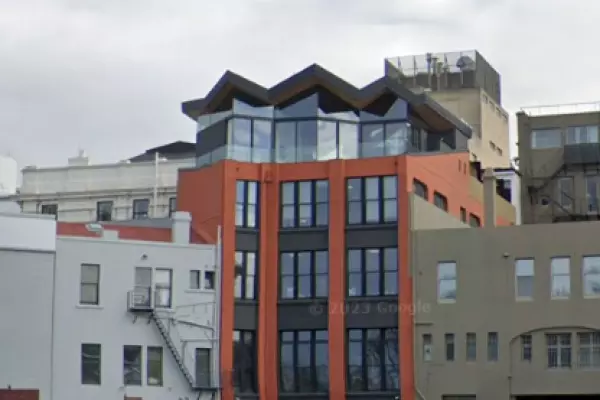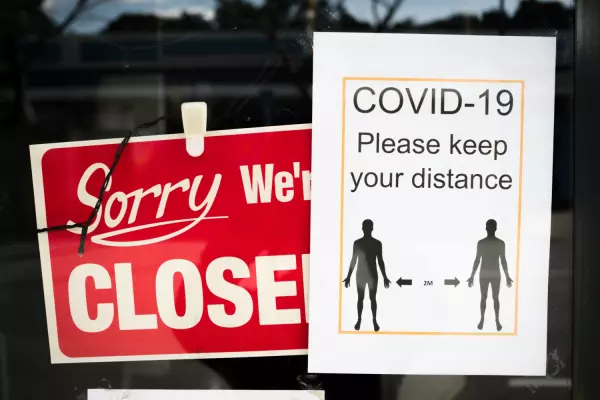Auckland ratepayers will have covid-19 to thank for only a marginal increase to their rates bill next year as the city stares down the barrel of a $525 million budget deficit.
The Auckland Council emergency budget, released for consultation today, outlines huge cuts to the city’s income stream, including its $60 million annual dividend from the Auckland Airport, $50 million less in consent fee revenue, $40 million less from parking and fines, $30 million less from Auckland facilities such as pools and another $65 million from its hardship rates deferral scheme. This scheme allows struggling ratepayers the option of deferring up to $20,000 of their rates for 2021.
The contribution from city-owned Watercare will also probably slow to a trickle, with reduced water usage from lower business activity and the current drought reducing its revenues by about $75 million.
But the consultation process over the budget has effectively kicked the idea of no rates increases into touch.
In his budget commentary Mayor Phil Goff cites the implications of zero rates increases as being “severe impacts on cutting vital council services, slashing investment in new infrastructure, pushing up debt levels and reducing employment and business activity.”
Instead, ratepayers are being asked to decide between increases of either 2.5 percent or 3.5 percent while being warned that the “scale of the financial challenge” means many capital projects will be delayed under almost any scenario.
Highest shortfall
In a presentation to the Trans-Tasman Business Circle, Goff said the shortfall represented the "highest faced by any council ever and certainly the highest in the city’s history in my lifetime."
He said regardless of the outcome of the consultation process, the city would take some time to balance its budget and would "temporarily" exceed its debt to revenue limits, currently set at a ratio of 270 percent.
In fact the city’s financial modelling had indicated a ratio of closer to 300 percent next year, with the ratio above that limit for “at least four years.”
“I am comfortable borrowing for infrastructure that benefits future generations but it’s not good practice to borrow to pay for today’s operational costs and load that debt on future ratepayers,” he said.
Council director of people and performance Patricia Reade said the council was also planning substantial cuts to its back office functions and “will need to find” about $120 million in internal savings.
The city will also look to raise an additional $200 million from sales of some of the its “less well-used assets to help pay for new ones.”
Contenders within its $55 billion in assets will be property holdings and other selective commercial investments.
New reality
Goff said the global crisis had brought a new sense of reality.
“We are not immune from international shocks, we need to be prudent in how we manage our finance and we need to lower our expectations about how quickly we are able to do the things we want to do."
He said despite the cuts, Aucklanders could look at this and look at the city as “an opportunity to reimagine how we can do things differently and how we can do things better.”


